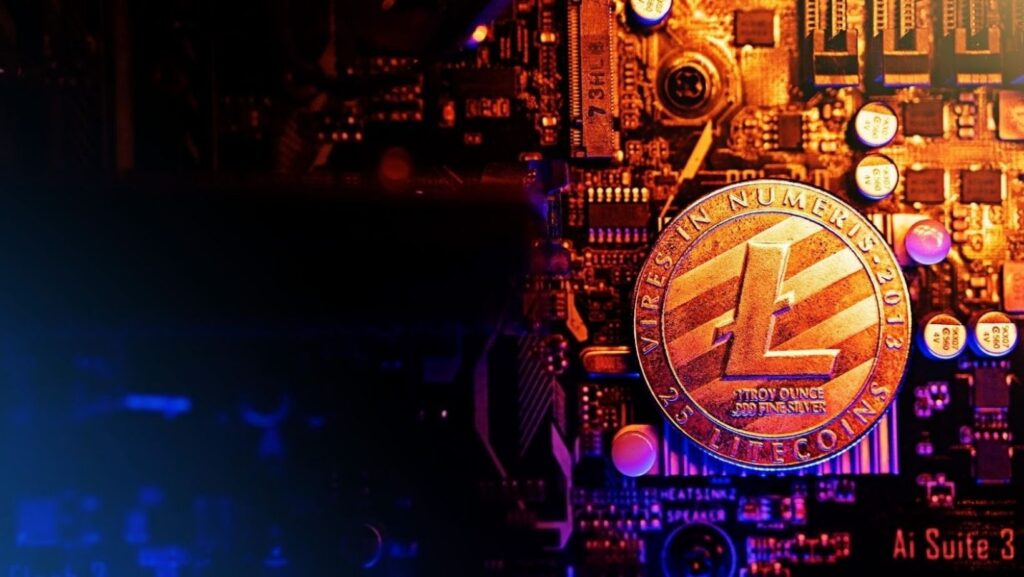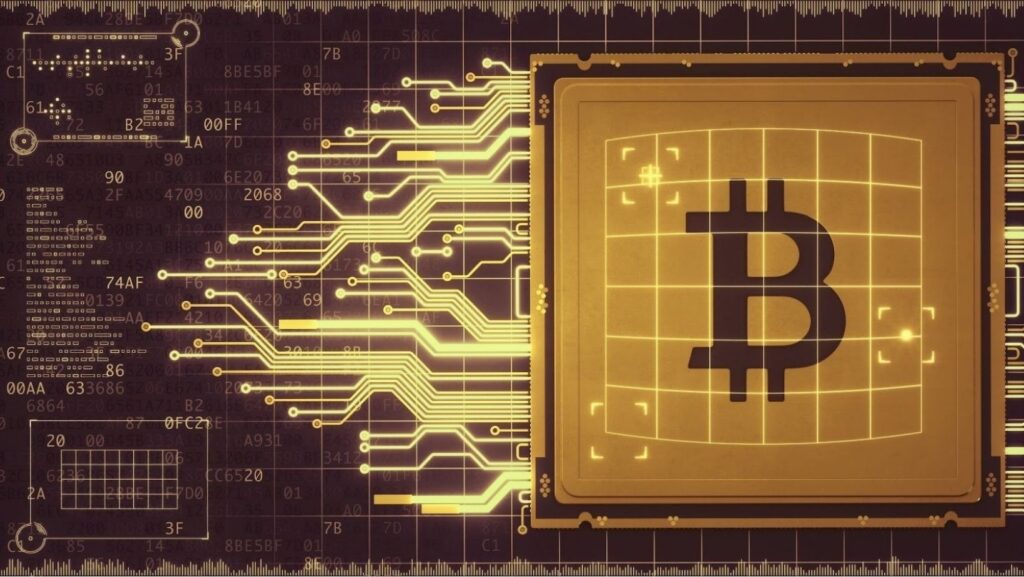When Binance simply needed an email address, the crypto sector looked prepared to abolish the burdensome KYC verification procedure. But now, KYC in the crypto realm is unavoidable for most individuals. If you’ve ever opened an account with one of the major crypto exchanges, you’ve probably been required to complete the Know Your Customer (KYC) procedure.
Sure, there are many reasons to comply with KYC, prominent among them being its effectiveness as an AML safeguard. “A coordinated worldwide crypto KYC strategy might alleviate the escalating ransomware problem,” according to Bitcoinist. In fact, many consider KYC vital to crypto’s long-term viability. Others view blockchain as a way to improve wasteful KYC procedures.
But what if you oppose KYC on principle? Let’s imagine you have nothing to do with money laundering or terrorist funding but want to remain anonymous. What are your choices for anonymous exchange crypto?
What does KYC Stand for?
KYC stands for “know your client.” To put it simply, KYC is the procedure that financial institutions employ to verify account holders’ identities. The KYC procedure verifies that the person creating an account is who they claim to be and is intended to prevent money laundering, terrorist financing, and tax evasion. To prevent unlawfully acquired revenue from being disguised as legitimate income, the KYC procedure usually works in conjunction with AML rules.

Decentralization promises to eliminate KYC bottlenecks and make transactions trustless. So, what does any of this have to do with crypto exchanges? The short explanation is that Decentralized Finance (Defi) must coexist alongside the centralized financial system. Start somewhere, and don’t expect to completely reform centralized finance immediately. KYC helps enroll doubters by adding an additional degree of scrutiny and verification.
Top Crypto Exchanges No KYC
Now comes the big surprise for privacy zealots. Find the top crypto exchanges without KYC.
1. dYdX
dYdX is the most traded decentralized exchange. dYdX is an Ethereum-based non-custodial order book DEX. It uses certified smart contracts for security, liquidity, and transparency. It developed a Layer 2 protocol for cross-margined Perpetuals utilizing StarkWare’s StarkEx scalability engine and dYdX’s Perpetual smart contracts. Translation? Users may trade with no gas expenditures, smaller deal amounts, and cheaper fees. Traders often pay a maker-taker charge of 0–0.05 percent.
2. Uniswap
Uniswap is a renowned swap DEX. It is a truly decentralized protocol built on top of Ethereum. Uniswap V1 premiered in 2018 and was followed by Uniswap V3 in May 2021. A binary smart contract system made up of the DEX core and its peripherals. While other DEXs enable users to trade, earn, and vote, Uniswap is unique in that it allows users to swap, earn, and vote.

3. PancakeSwap
PancakeSwap, like Uniswap, employs an AMM model to trade against a liquidity pool. PancakeSwap, unlike Uniswap, exclusively exchanges BEP-20 tokens; hence its base blockchain is Binance Smart Chain. Trading on PancakeSwap also fetches cheaper costs than other DEXs.
You may also stake Syrup’s native token, “CAKE,” to win tokens. You may also earn CAKE by staking Liquidity Pool (LP) tokens on the protocol’s yield farms.
4. KyberSwap
This protocol now supports six chains: Ethereum, Polygon, Binance Smart Chain, Avalanche, Fantom, and Cronos. As a DEX aggregator, it uses a patented dynamic trade routing technology that allows users to easily exchange tokens from supported chains. Rainmaker is KyberSwap’s liquidity mining/yield farming program.
Because the Kyber draws liquidity from many DEXs, traders get the best available exchange rates. Uniswap, SushiSwap, Curve, Balancer, QuickSwap, PancakeSwap, etc.














